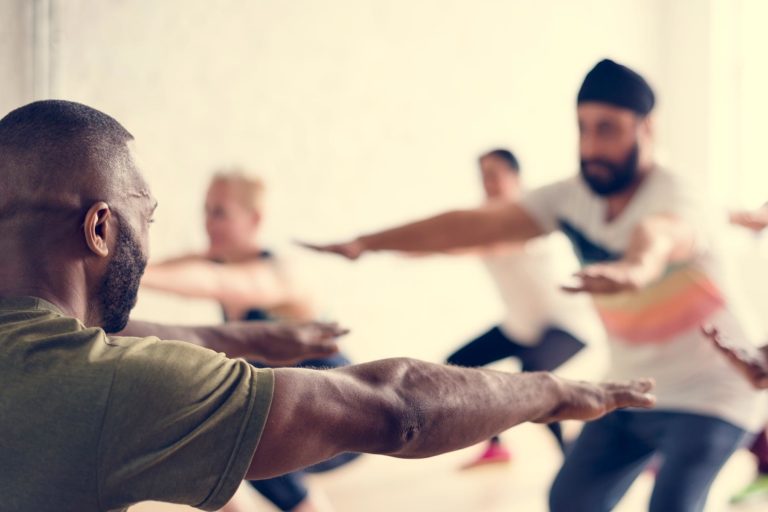Men's mental health
-
2
-
3
-
4
-
1
-
9
-
22
-
1
-
2

Self-help
14 quotes about manhood
Many of the famed quotes about manhood would be considered unhealthy now, but there’s still some gems out there. Here are just some of our faves.
Read article
What is
Why physical health is important: Common chronic conditions for men
Learn why physical health is important for men, addressing chronic conditions like prostate cancer, diabetes, and heart disease. Join Men’s Health Week 2023 to raise awareness and enhance wellbeing.
Read article
Improving physical health can help your mental health
We are all aware that regular exercise is good for the body. Playing sports, jogging, cycling, or even walking to work all have physical benefits. Now, there is another reason to get fit, with studies suggesting that regular exercise is also good for your mental health and emotional wellbeing.
Read article
Self-help
Single session and multi-session counselling help
MensLine Australia provides single session services to all callers and online counselling users; and multi-session services to eligible clients. Understand how our counselling and support services can help you.
Read article
Self-help
Queuing Theory - relating it to everyday life
Queueing theory is the mathematical study of data from queues used to determine waiting times and improve service flow through a system. These same principles can be used in our daily lives to tackle many potential issues, tasks and responsibilities we all face.
Read article
Self-help
The power of a good support network
Having a good support network is a vital tool in maintaining your mental health and wellbeing. As social creatures, our relationships and connections are a basic and core need, behind only physical and safety needs in importance.
Read article
Self-help
Mental fitness
Preventative action is a vital part of looking after your mental health. Here’s some tips on establishing a ‘mental fitness’ routine.
Read article
Self-help
Benefits of volunteering
Many people are looking for ways to connect with others and make a positive impact in their community. Volunteering offers a powerful opportunity to achieve both while contributing to your own mental health and wellbeing.
Read article
Self-help
Five mental health benefits of pet ownership
Does having a pet help with depression? Do dogs help with anxiety? Animal companionship has been shown to have a wide range of mental health benefits.
Read article
Self-help
How does free counselling over the phone work?
MensLine Australia is an easy way to access professional mental health care. It doesn’t cost you anything (other than a local phone call) and you don’t need a healthcare card. You don’t even need a referral.
Read article
Self-help
Male stereotypes and the ‘Man Box’
We are all bombarded with gender stereotypes, but a study sheds light on the shifting attitudes of men in the face of negative messaging about manhood.
Read article
What is
What are the symptoms of a panic attack?
A panic attack is an intense episode of strong anxiety and fear that can happen with or without an obvious cause. Panic attacks occur suddenly and can be very frightening. Understand the symptoms of a panic attack and learn ways to handle future panic attacks.
Read article


